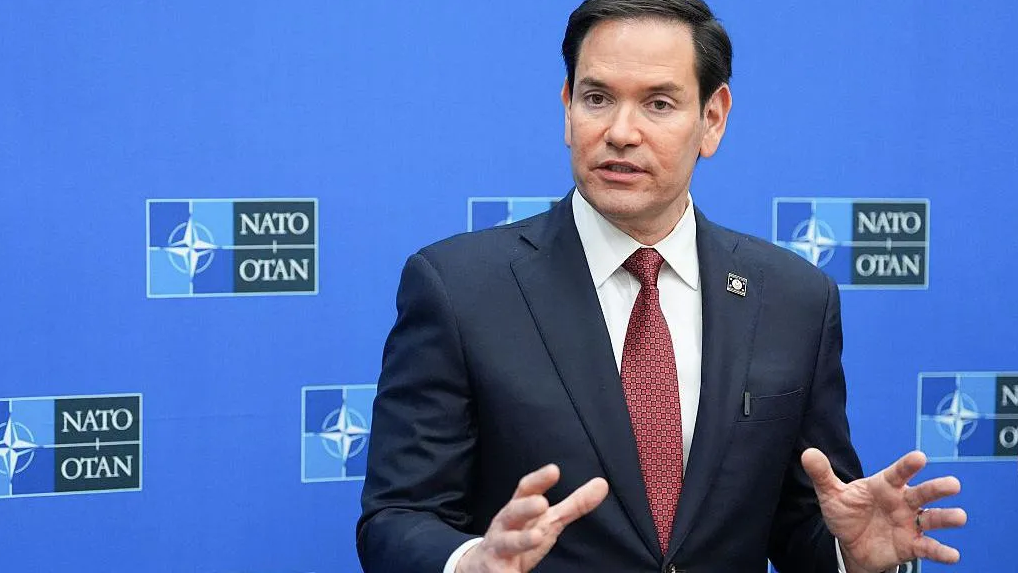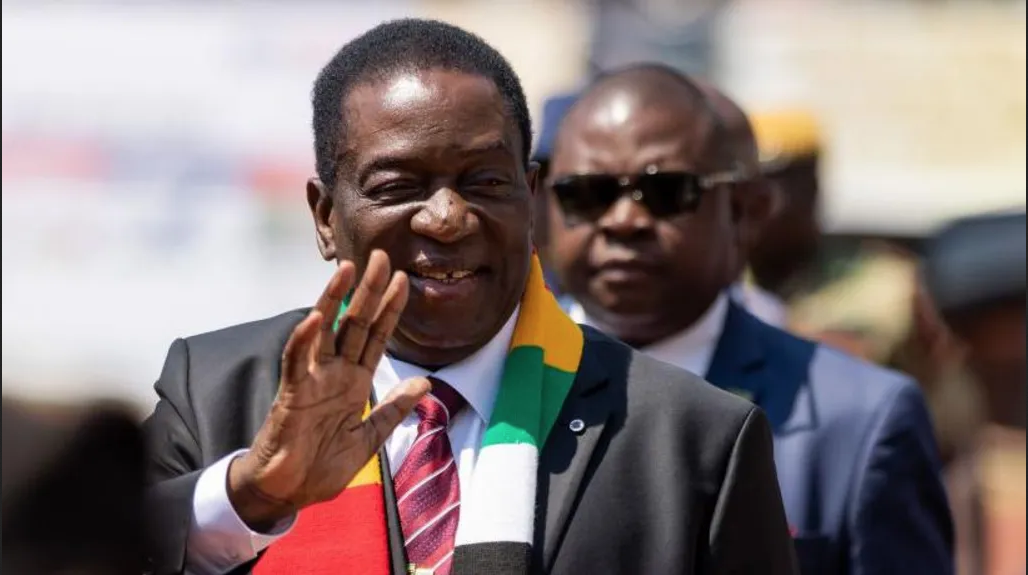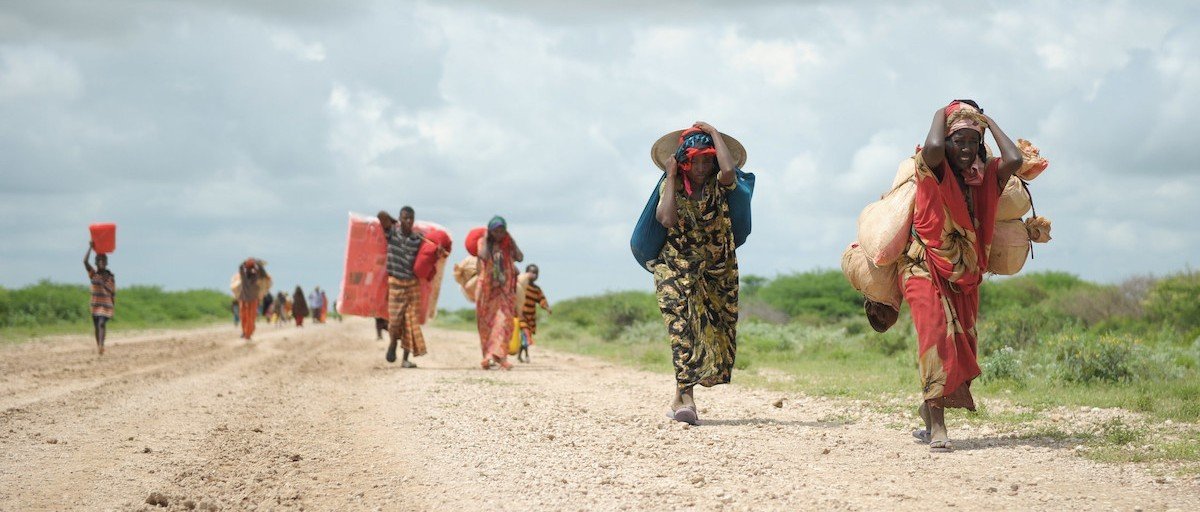•STEVE KILLELEASTORIES of conflict fill today’s headlines: whether it is Syria’s civil war, street battles in Ukraine, terrorism in Nigeria, or police crackdowns in Brazil, the gruesome immediacy of violence is all too apparent.
But, while commentators debate geostrategic considerations, deterrence, ethnic strife, and the plight of ordinary people caught in the middle, dispassionate discussion of another, vital aspect of conflict – its economic cost – is rare.
Violence comes with a hefty price tag. The global cost of containing violence or dealing with its consequences reached a staggering US$9.5 trillion (11% of global GDP) in 2012. This is more than twice the size of the global agriculture sector and dwarfs total spending on foreign aid.
Given these colossal sums, it is essential that policymakers properly analyse where and how this money is spent, and consider ways to reduce the total. Unfortunately, these questions are seldom given serious consideration. To a large extent, this is because military campaigns are usually motivated by geostrategic concerns, not financial logic.
Although opponents of the Iraq war might accuse the United States of coveting the country’s oil fields, the campaign was uneconomical, to say the least. The Vietnam War and other conflicts were also financial catastrophes.
Similar doubts accompany arms spending during peacetime. One might, for example, question the financial logic of Australia’s recent decision to spend US$24 billion (N$245 billion) on the purchase of problem-plagued Joint Strike Fighters while simultaneously preparing the country for the most stringent budget cuts in decades.
Wasteful, violence-related spending is not just a matter of war or deterrence. Tough and expensive law-and-order campaigns, for example, though appealing to voters, generally have little effect on underlying crime rates. Whether it is a world war or local policing, conflicts always involve big increases in government spending; the question is whether they are worth the cost.
Of course, money spent to contain violence is not always a bad thing. The military, the police, or personal security details are often a welcome and necessary presence, and, if properly deployed, will save taxpayers’ money in the long run. The pertinent issue is whether the amount spent in each instance is appropriate.
Certainly, a few countries have struck a fair balance, addressing violence for a relatively small outlay; so there are ways to reduce unnecessary expenditure. Effective budgeting for potential or ongoing conflict is best achieved by emphasizing prevention. We know what underpins peaceful societies: an equitable distribution of income, respect for minority rights, high education standards, low levels of corruption, and an attractive business environment.
Moreover, when governments overspend to contain violence, they waste money that could otherwise be invested in more productive areas, such as infrastructure, business development, or education. The higher productivity that would result, say, from building a school rather than a jail, would improve citizens’ well-being, thereby reducing the need to invest in violence prevention. I term this the “virtuous cycle of peace.”
Compare, for example, the almost US$10 trillion (N$120 trillion) spent in 2012 worldwide on violence containment to the global costs of the recent global financial crisis. Mark Adelson, the former chief credit officer of Standard & Poor’s, estimates that total global losses from the crisis were as high as US$15 trillion in 2007-2011, which is just half the cost of spending on violence during the same period.
If policymakers dedicated the same amount of time and money to preventing and containing conflict, the payoff, in terms of less violence and faster economic growth, could be huge.
Governments might begin by re-evaluating their aid spending. Globally, they already spend 75 times more on violence containment than their total combined overseas development aid. And it is no coincidence that countries with the highest expenditure on violence as a percentage of GDP are also among the world’s poorest – North Korea, Syria, Liberia, Afghanistan, and Libya to name a few. Might this money be better directed toward investments that reduce or prevent conflict?
Apart from the obvious humanitarian reasons for investing in peace, especially when carried out within established international development frameworks, such investment is also one of the most cost-effective ways to develop an economy and balance a budget. That makes it a discussion well worth having.
* Steve Killelea is executive chairman of the Institute for Economics and Peace.
– Copyright: Project Syndicate, 2014.
Stay informed with The Namibian – your source for credible journalism. Get in-depth reporting and opinions for
only N$85 a month. Invest in journalism, invest in democracy –
Subscribe Now!










